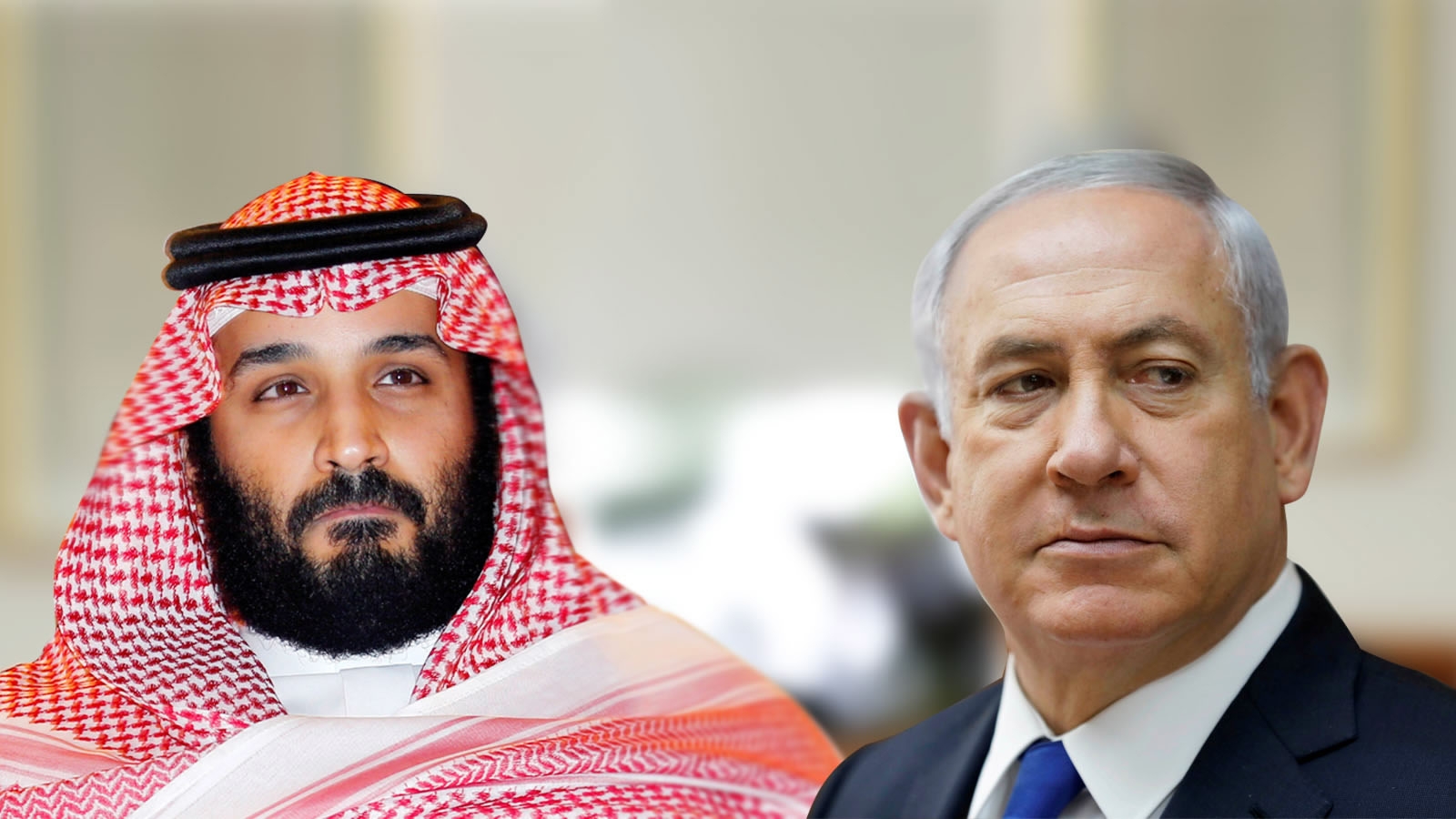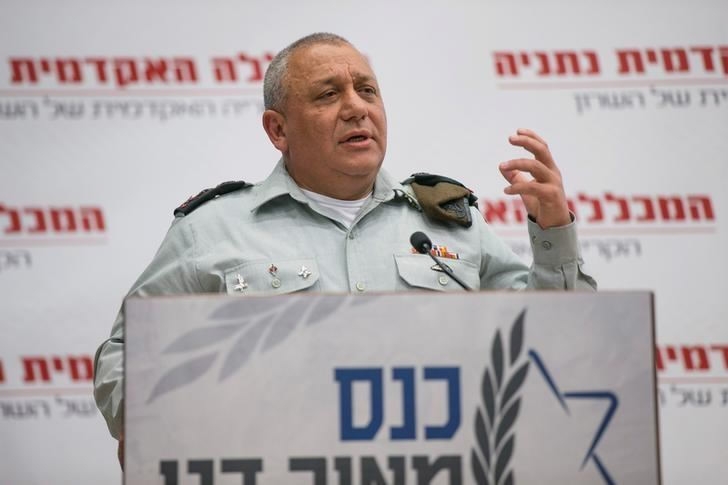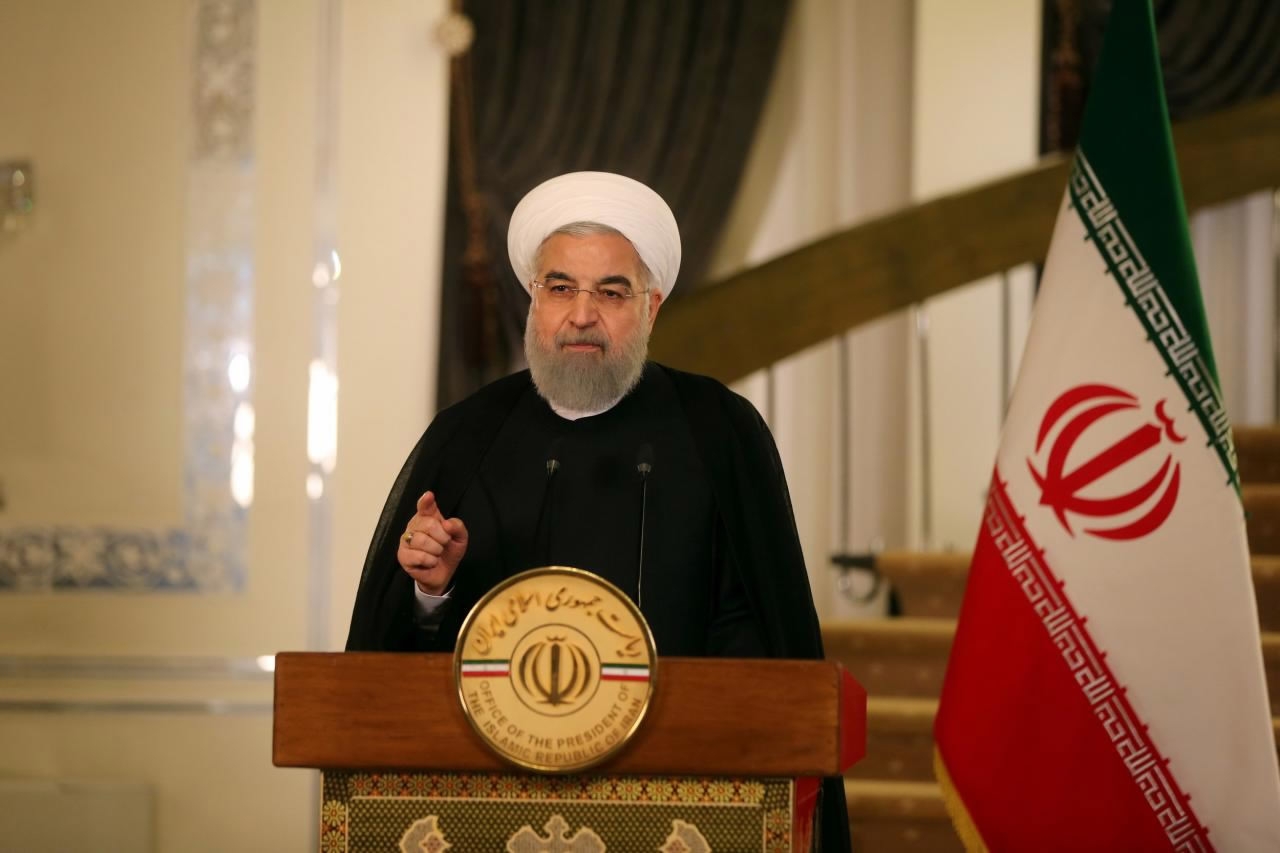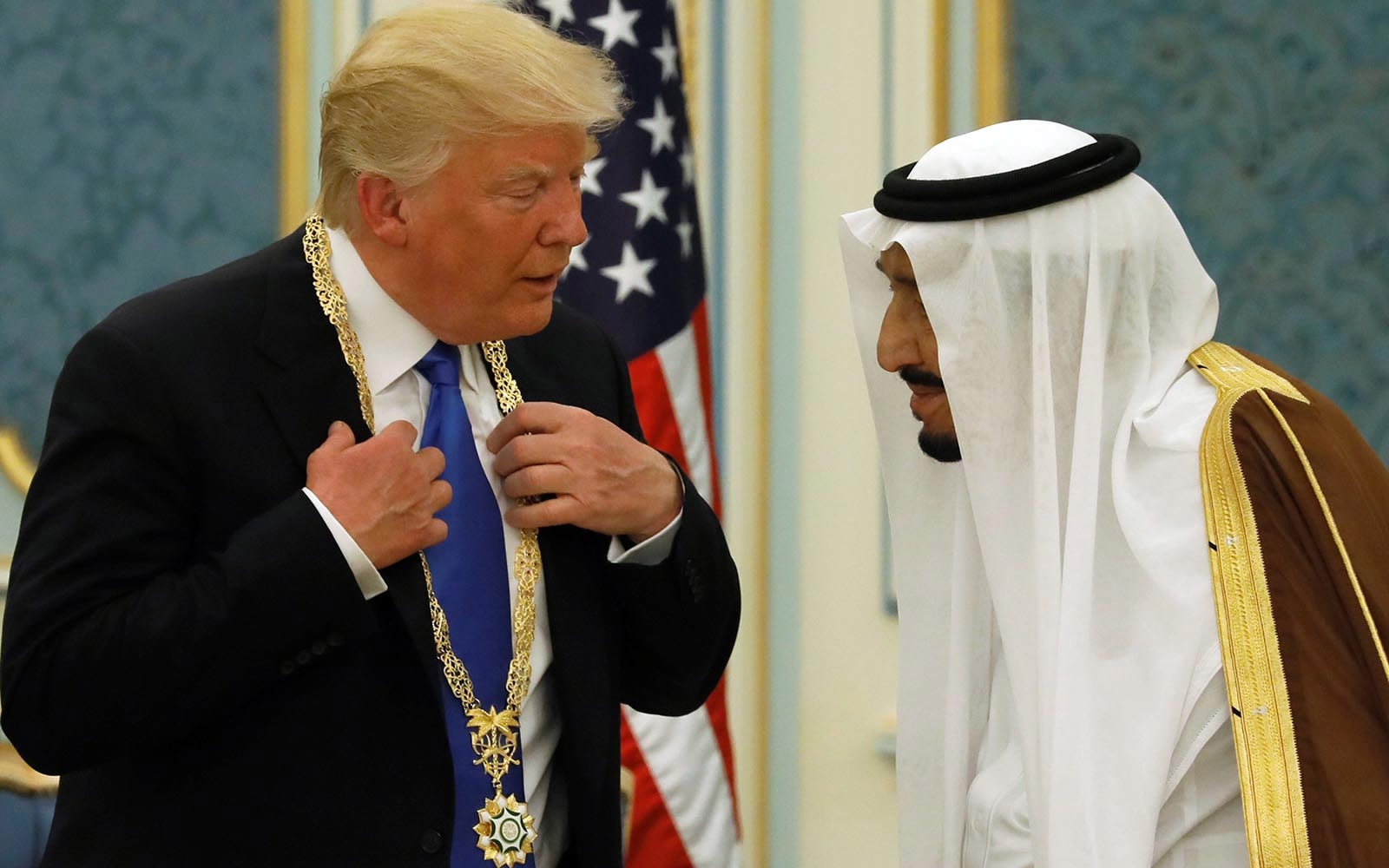
World
17:25, 20-Nov-2017
Will Saudi-Israeli ‘secret ties’ lead to war with Iran?
By Abhishek G Bhaya

The much speculated “secret ties” between Israel and Saudi Arabia against a common arch-enemy, Iran, are gradually coming out in the open.
Close on the heels of a top Israeli general proclaiming cooperation with Saudi Arabia in their power struggle with Iran in the Middle East, an Israeli cabinet minister on Sunday admitted Tel Aviv’s covert ties with “many” Arab and Muslim states without divulging names.
"We have ties, some of them secret, with many Arab and Muslim states," Israeli Energy Minister Yuval Steinitz told Israeli army radio on Sunday. "Usually the one who wants those ties to be discreet is the other side," he said when asked about ties with Riyadh, adding, "We respect the wishes of the other side when contacts are developing, whether it is with Saudi Arabia or other Arab or Muslim countries."

Israeli Energy Minister Yuval Steinitz. /Reuters Photo
Israeli Energy Minister Yuval Steinitz. /Reuters Photo
While Saudi Arabia and most Arab countries do not formally recognize Israel, shared anxiety over Iran is increasingly pushing Riyadh and Tel Aviv closer. Since Israel was established in 1948, only two Arab states - Egypt and Jordan - have signed peace deals with the country.
Steinitz’s remarks came on a day when Saudi Arabia and its allies targeted Iran at a hastily convened session of the Arab League at its Cairo headquarters, called by Riyadh. In a strongly worded statement, the Saudi Foreign Minister Adel al-Jubeir warned Iran that Riyadh "will not hesitate to defend its national security to keep its people safe".
Alleging that the Hezbollah movement was "in total control" of Lebanon, Saudi Arabia’s Gulf partner Bahrain said the Iran-backed group is “a threat to Arab national security.”
"Iran's biggest arm in the region at the moment is the terrorist Hezbollah arm. [Hezbollah] does not just carry out operations inside the borders of [Lebanon], it also crosses its borders to all of our nations," said Bahrain's Foreign Minister Sheikh Khalid bin Ahmed Al-Khalifa.
'Ready to face Iran'

Lieutenant General Gadi Eizenkot, Chief of General Staff of the Israel Defense Forces. /Reuters Photo
Lieutenant General Gadi Eizenkot, Chief of General Staff of the Israel Defense Forces. /Reuters Photo
The Israeli minister’s admission also came just days after the country’s military chief of staff indicated that Israel is willing to join hands with Saudi Arabia in an effort to contain Iran’s regional influence, raising speculation of an imminent joint military action against Tehran.
"We are ready to exchange experience with the moderate Arab countries and exchange intelligence information to face Iran," Lieutenant General Gadi Eisenkot said in a rare interview to Elaph, a British based Arabic-language news website run by a Saudi businessman.
Eisenkot said Israel and Saudi were in "total agreement" that Iran was the greatest threat to the Middle East.
To a question whether Riyadh and Tel Aviv have engaged in any information exchange on Iran, the Israeli general said: "We are ready to share information if necessary. There are many common interests between us and them."
He also pointed out that while Saudi Arabia and Israel had no formal relations, the two nations had never directly been to war.
Confirming the general’s comments, the Israeli army said it was the first interview of its kind with Arabic-language media since 2005.

Iranian President Hassan Rouhani. /Reuters Photo
Iranian President Hassan Rouhani. /Reuters Photo
Saudi Arabia and Iran have seen a spiraling of tensions in recent times which further escalated with Riyadh-backed Lebanese Prime Minister Saad al-Hariri citing Tehran’s grip on his country as a reason for his shock resignation earlier this month.
Saudi Arabia has also accused Iran of meddling in Yemen by supporting Houthi rebels against the Riyadh-backed government.
Iran and Hezbollah have both accused Saudi Arabia of pressing Israel to carry out strikes against the Lebanon-based group, with which Tel Aviv went to a bloody war in 2006.
Last Wednesday, Iranian President Hassan Rouhani accused Riyadh of asking Israel to bomb Lebanon, calling it "shameful."
Eisenkot, however, assured that Israel had no intention of "initiating" a conflict with Hezbollah.
'New international alliance'

Saudi King Salman bin Abdulaziz presents US President Donald Trump with the Collar of Abdulaziz Al Saud Medal at the Royal Court in Riyadh, on May 20. /Reuters Photo
Saudi King Salman bin Abdulaziz presents US President Donald Trump with the Collar of Abdulaziz Al Saud Medal at the Royal Court in Riyadh, on May 20. /Reuters Photo
The recent comments by Israeli officials follow similar remarks by Prime Minister Benjamin Netanyahu, who has spoken about the perceivable reconciliation with “moderate Arab states” without revealing their names.
"We stand shoulder to shoulder with countries of the moderate camp in the Arab world, in the face of radical Islam," Netanyau told Israel's parliament last week. "I think that this growing closeness and consultation is first and foremost good for security and ultimately for peace," he added.
Last month, an Israeli radio report suggesting Saudi Crown Prince Mohammed bin Salman visited Israel discreetly fueled speculations over the apparent warming up of ties between Riyadh and Tel Aviv.
The election of US President Donald Trump, known for his anti-Iran views, fanned speculation of a more formal Saudi-Israeli alliance.
This May, Trump took a rare direct flight from Saudi Arabia to Israel during his visit to the Middle Eastern countries. "There is tremendous will, really good feeling, towards Israel," Trump said of Saudi Arabia upon arrival in Israel. "What's happened with Iran has brought many other parts of the Middle East towards Israel," he added.
The Israeli general Eisenkot last week hinted as much, saying Trump’s victory set the road for a "new international alliance in the region and a major strategic plan to stop the Iranian threat."
Experts predict a formal Saudi-Israeli alliance as an inevitable outcome of regional politics. “Sooner or later, in case of war between Israel and Hezbollah which many in Israel see as inevitable, Israel could expect Saudi political and perhaps even financial support for fighting the Lebanese group,” wrote Meir Javedanfar, an Iranian-born Israeli Middle East analyst in a guest opinion column for the CGTN.
"For many years now Saudi Arabia and Israel have found themselves figuratively in the same trench versus Iran," AFP quoted Joshua Teitelbaum of Israel's Begin-Sadat Center for Strategic Studies as saying.
Teitelbaum, however, asserted that Israel will not be dragged into a war on behalf of Saudi Arabia. "But now that the conflict has been dialed up, Israel is trying not to be pulled in. It needs to operate on its own terms,” he said.
While the current level of links between Riyadh and Tel Aviv remain hush-hush, observers believe that behind-the-scenes contacts may pave the way for a more overt acknowledgement of ties.
(With input from agencies)

SITEMAP
Copyright © 2018 CGTN. Beijing ICP prepared NO.16065310-3
Copyright © 2018 CGTN. Beijing ICP prepared NO.16065310-3